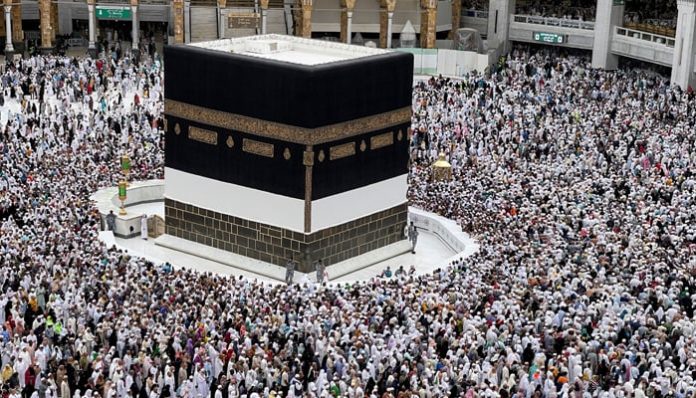The long-term Hajj packages offer a 38 to 42-day stay, including eight days in Madinah. The rates are Rs1,065,000 for the South Region (Karachi, Quetta, Sukkur) and Rs1,075,000 for the North Region and other cities. The sponsored category rates are $3,765 for the South and $3,800 for the North.
The short-term Hajj package lasts 20 to 25 days, with 3 to 5 days in Madinah, costing Rs362,500 ($1,275) per pilgrim. The regular scheme rates are Rs1,140,000 for the South and Rs1,150,000 for the North. Sponsored rates are $4,015 for the South and $4,050 for the North.
Under the sponsorship category, Hajj expenditures range from $3,645 to $5,220 based on the city and facilities. Regular Hajj scheme expenses range from Rs1,030,000 to Rs1,390,000.
The total cost for the long-term package is Rs355,000 ($1,250) per pilgrim, and for the short-term package, it’s Rs362,500 ($1,275).
The government has reduced Hajj expenses by 0.1 million rupees, ensuring uncompromised facilities. Pilgrims will receive a 30kg suitcase, and female pilgrims will get scarfs featuring the national flag. A new mobile app will aid pilgrims with navigation and communication in English and Urdu.
Islamabad and Karachi are now part of Saudi Arabia’s Road to Makkah project, streamlining the immigration process at Karachi airport. The government introduced a 20-day short Hajj package for financial accessibility.
Pakistan secured 179,000 Hajj seats, with half reserved for private operators. The Ministry of Religious Affairs oversees private operators for pilgrim well-being. Dr. Aneeq highlighted ongoing renovations at the Haji Camp Karachi to enhance pilgrimage facilities.
The announced package excludes Qurbani expenses, and those opting for a shorter stay in Medina receive an additional Rs35,000 reduction in Hajj expenses.


